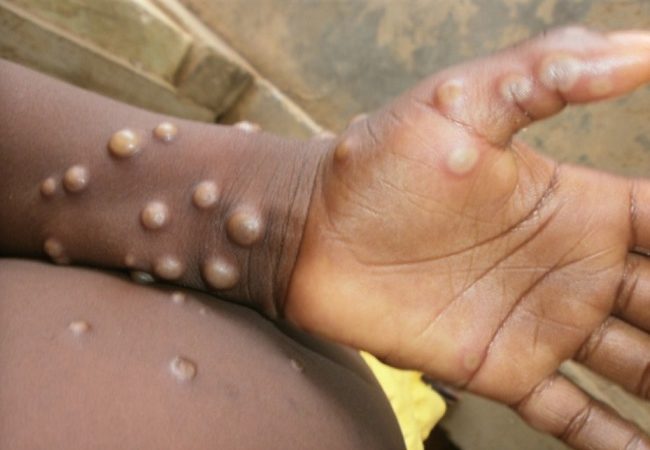WHO Declares Monkeypox Global Health Emergency

The World Health Organisation (WHO) yesterday declared monkeypox a public health emergency of international concern, a designation reserved for the most serious global disease outbreaks.
This puts monkeypox on the same list as six other outbreaks with the same WHO label since 2007: COVID-19, Zika, H1N1 flu, polio and Ebola, which has been designated an emergency twice.
WHO’s decision came after an emergency committee convened on Thursday to assess the spread of monkeypox and determine the severity of its threat.
WHO’s Director-General, Tedros Adhanom Ghebreyesus, decided to issue the declaration despite a lack of consensus among experts serving on the United Nations health agency’s emergency committee. It was the first time the chief of the UN health agency has taken such an action.
We have an outbreak that has spread around the world rapidly through new modes of transmission about which we understand too little and which meets the criteria in the international health regulations,
Tedros said.
I know this has not been an easy or straightforward process and that there are divergent views among the members of the committee,
he added.
Ghebreyesus said there is also a clear risk of further international spread, although the risk of interference with international traffic remains low for the moment.
Ghebreyesus added that he has, therefore, made a set of recommendations for four groups of countries — those yet to report a case; those with recently imported cases of monkeypox; those with the transmission of monkeypox from animals to humans; and those with manufacturing capacity for vaccines and therapeutics.
Although I am declaring a public health emergency of international concern, for the moment, this is an outbreak that is concentrated among men who have sex with men, especially those with multiple sexual partners,
he said.
That means that this is an outbreak that can be stopped with the right strategies in the right groups.
It’s therefore essential that all countries work closely with communities of men who have sex with men, to design and deliver effective information and services, and to adopt measures that protect both the health, human rights and dignity of affected communities.
According to nbcnews.com, the world has seen more than 16,500 monkeypox cases so far this year in 68 countries where the disease is not endemic, according to the Centres for Disease Control and Prevention.
The US alone has recorded more than 2,500 cases since May, though that’s almost certainly an undercount.
For a disease outbreak to qualify as an international public health emergency, it must be an “extraordinary event” that poses a health risk to more than one country and may require an immediate, coordinated international response, according to the WHO.
The same emergency committee decided last month that monkeypox didn’t yet meet those standards, though Tedros said a few committee members
expressed differing views.
At the time, more than 4,000 monkeypox cases had been reported globally across 47 countries and territories.
Monkeypox spreads through close physical contact, including kissing or sexual contact, as well as through respiratory droplets and contaminated items like clothing or bedding.
Anyone who has been in close contact with a monkeypox patient can get infected, but since the start of the outbreak, cases have been largely concentrated among men who have sex with men.
Although I am declaring a public health emergency of international concern for the moment, this is an outbreak that is concentrated among men who have sex with men, especially those with multiple sexual partners.
That means that this is an outbreak that can be stopped with the right strategies in the right groups,
Ghebreyesus added.
Most people with monkeypox develop a rash, according to WHO. For some, the rash may be hard to spot — just one or two lesions — while others can develop widespread lesions. In this outbreak so far, the rashes have often been found around the genital and anal region, on the face, or the palms of hands and soles of feet. Some people may also get lesions inside the mouth, throat, vagina and anus.
Symptoms like fever, swollen lymph nodes, headaches, muscle aches, back pain and fatigue sometimes follow a rash.
In Europe and the US, health authorities are relying on increased vaccination and testing to reduce transmission and prevent monkeypox from becoming endemic.
As of last week, the US had distributed 156,000 doses of the Jynneos vaccine to states and ramped up testing capacity to 70,000 tests per week. Many cities and states are offering vaccine doses to people with known or presumed exposure to the virus, including men who have sex with men and transgender, gender nonconforming or nonbinary residents with multiple sexual partners.

Justin Nwosu is the founder and publisher of Flavision. His core interest is in writing unbiased news about Nigeria in particular and Africa in general. He’s a strong adherent of investigative journalism, with a bent on exposing corruption, abuse of power and societal ills.













